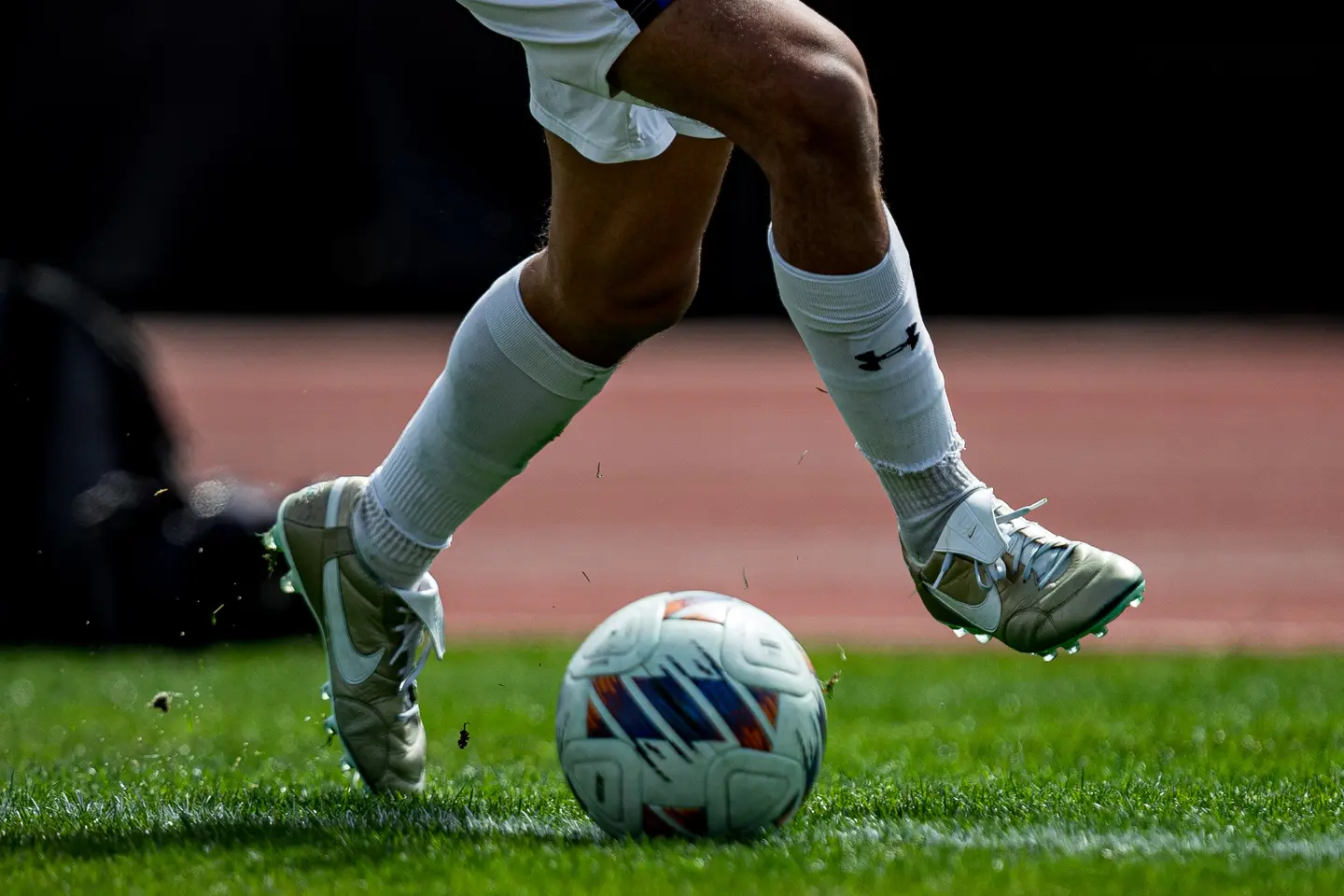Sports organizations constantly seek professionals who can create better systems, strategies, and efficiency. Academic training develops advanced knowledge that organizations can apply when facing challenges. Through leadership skills, structured learning, and managerial insights, graduates of programs such as master gestión deportiva bring unique contributions. Such education helps individuals connect theoretical understanding with real-life needs, empowering them to oversee teams, plan events, and manage resources effectively.
How does education shape leadership?
Education enhances leadership by giving knowledge that strengthens organizational direction. Strong leaders initiate structured decisions that create stability and encourage development within organizations. Sports require vision, dedication, and consistent leadership principles supported by structured education.
Why does strategy improve efficiency?
Strategic planning simplifies operations for professional growth. Education empowers graduates with frameworks that motivate future success. Improved strategies provide employees with greater clarity and operational consistency. Sports organizations benefit from efficient guidelines crafted through learned expertise.
What role does teamwork play?
Team collaboration creates the foundation for trust and collective progress. Sports organizations thrive when ideas are shared through cooperation. Academic learning encourages communication processes, uniting diverse professionals who direct collective visions into measurable achievements.

How does decision-making evolve?
Decision-making improves with structured lessons about management. Through real-time conceptual practice, graduates utilize critical insights to respond effectively. Adaptable decisions prepare organizations for unexpected challenges, ultimately maintaining stability within changing circumstances. Graduates develop confidence to guide priorities correctly.
Why is event organization important?
Event planning processes define credibility for organizations. Professionals trained academically deliver structured operational results. Graduates working in event planning increase organizational recognition. These skills efficiently connect sports audiences to productive occasions, creating long-term trust through management consistency.
How do finances become manageable?
Financial organization improves through educational training that monitors spending responsibly. Graduates provide better budget analysis alongside operating decisions. Financial stability establishes sustainable goals where organizations depend upon accountability. Such development secures the necessary trust from multiple stakeholders.
What benefits arise from networking?
Networking helps professionals expand opportunities while exchanging knowledge. Shared connections boost collaborative strategies. Education allows graduates to connect with industry leaders, diversifying possibilities. Organizations thrive when associates form valuable relations that lead to ongoing benefits.
Sports organizations need strong guidance to continually prosper. Innovation, trust, and structure shape credibility in long-term progress. Few pathways provide such growth as specialized programs, and pursuing opportunities such as a master gestión deportiva ensures future advantages by shaping professionals capable of transforming operations responsibly.


